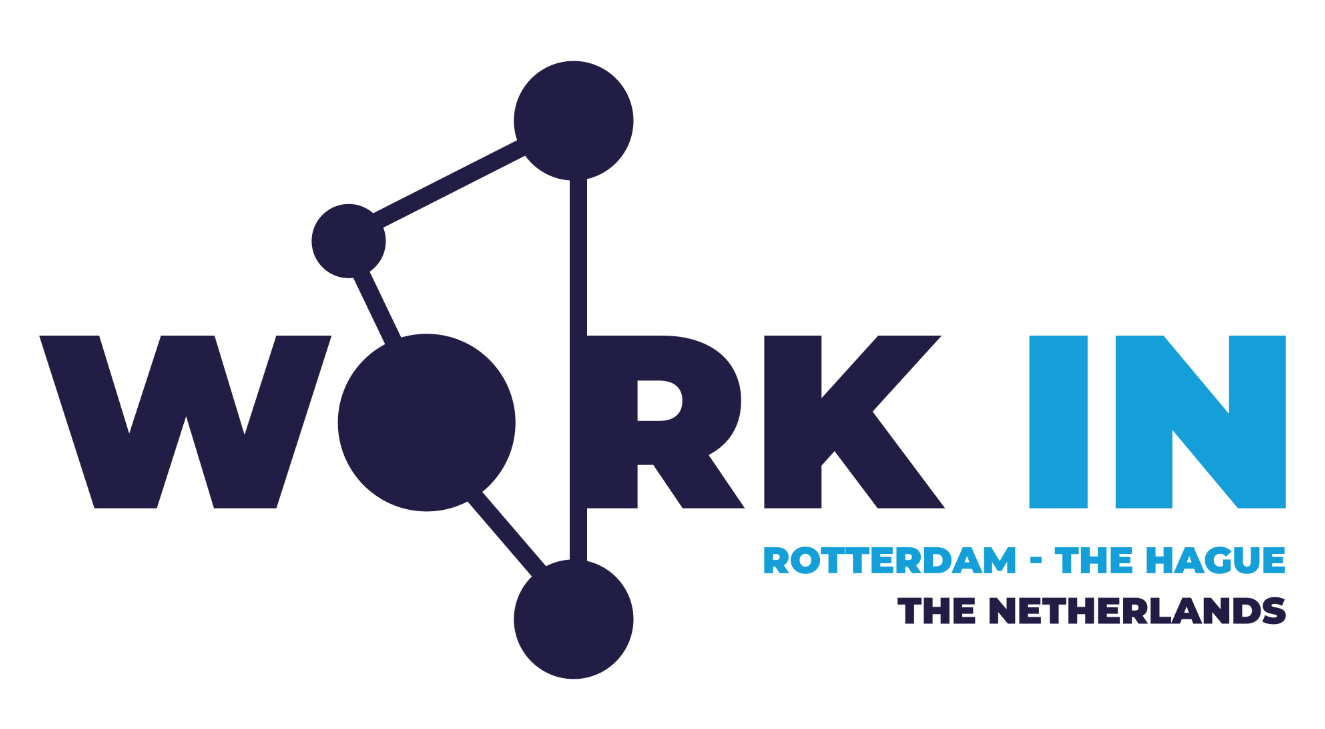eDiscovery Systems Officer (P-3)

International Criminal Court
23922 | OTP
| Deadline for Applications: | 27/04/2025 (midnight The Hague time) |
| Organizational Unit: | Information, Knowledge and Evidence Management Section, Integrated Services Division, Office of the Prosecutor |
| Duty Station: | The Hague - NL |
| Type of Appointment: | Established Post |
| Post Number: | E-4018 |
| Minimum Net Annual Salary: | €91,397.00 |
| Contract Duration: | For initial appointments, the Court offers a two-year appointment with the possibility of extension (six month probationary period). |
A roster of suitable candidates may be established for this post as a result of this selection process for fixed-term appointments against both established posts and positions funded by general temporary assistance (GTA).
Organisational Context
The position of eDiscovery Systems Officer is a member of the Evidence Discovery Management Unit (EDMU) within the Information Knowledge and Evidence Management Section (IKEMS) and reports to head of EDMU (eDiscovery and Data Analysis Officer).
IKEMS, headed by an Information Management Coordinator, combines the OTP’s information, solutions development, digital forensics and evidence management operations into one consolidated section. IKEMS aims to maintain a coordinated, flexible and operationally responsive IKEM support capacity throughout the OTP, in order to support the full spectrum of the OTP’s information and evidence operations.
The Evidence Discovery Management Unit provides specialised technical and data analytic support to the unified investigation and prosecution teams through the use of dedicated tools and by developing techniques,
specialised scripts, and programs or algorithms which exploit large, structured and unstructured data sets within the framework of the OTP’s systematic application of an organ-wide Electronic Discovery Reference Model (EDRM).
Duties and Responsibilities
Under the direct supervision of the Head of the Evidence and Discovery Management Unit and the overall management of the Information Management Coordinator, the incumbent will perform the following tasks:
- Leads the development of tailored eDiscovery and Microsoft Azure software solutions to meet the unique needs of the EDMU, ensuring robust, efficient, and scalable solutions that enhance overall system capabilities.
- Manages and facilitates the integration of multiple eDiscovery systems while providing comprehensive support to eDiscovery processes.
- Leads and oversees ongoing maintenance, troubleshooting, and technical support for existing eDiscovery systems, ensuring their continuous and reliable operation and addressing any technical issues promptly.
- Lead and supervise the eDiscovery systems specialist team, fostering a culture of innovation, continuous improvement, and high performance.
- Facilitate effective communication and collaboration with internal and external stakeholders, including the Information Management Services Section (IMSS), the Business Solutions Development Unit (BSDU), EDMU, and external vendors where necessary, to ensure alignment and support for eDiscovery systems and development initiatives.
- Enforces policies and standards to ensure all eDiscovery systems, Microsoft Azure and internal processes are aligned and comply with ICC-OTP legal and security requirements, safeguarding sensitive data and maintaining system integrity.
- Actively promotes the adoption of innovative technologies and methodologies in eDiscovery systems and tooling to enhance the efficiency, scalability, and responsiveness of EDMU to technically address emerging challenge.
- Other duties as required.
Essential Qualifications
Education:
Advanced university degree in a scientific discipline such as data science, computer science, information systems, information science, software engineering, mathematics, law, or other related area is required. A first level university degree in combination with two additional years of qualifying experience is accepted in lieu of an advanced university degree.
A professional certification in RelativityOne is required.
Experience:
A minimum of 5 years of relevant professional experience (7 years with a first level university degree) in a complex eDiscovery setting within a legal, investigative, or law enforcement environment of which at least 2 years are at the international level, is required.
A minimum of 4 years of experience using software development methodologies such as SCRUM, UML, BPMN, (Micro) service-oriented architecture and integration/development patterns is required.
A minimum of 4 years of experience with administering Microsoft Azure ecosystem (or equivalent public cloud provider) is required.
A minimum of 4 years of experience with administering Cognitive Services is required, including document translation, summarization, and video indexer is desired.
Demonstrated experience in building and supporting analytical workflows and in gathering, documenting, and assessing case-related user requirements for investigators, analysts, and legal/prosecution staff is required.
A minimum of one year of experience in electronic evidence acquisition, handling, analysis, and exploitation, including chain of custody, provenance, verification, and authenticity, is required.
Experience working in Data Analytics and employing ETL logic, working with Datalakes or Datawarehouses is preferred.
Experience with SQL Server, Cosmos DB, or MongoDB is preferred.
Knowledge, skills and abilities:
Demonstrated knowledge of search algorithms, indexing, and retrieval models along with knowledge of designing, scripting, querying and programming is required.
Familiarity with criminal law or international criminal or humanitarian law is preferred. Familiarity with tools and administering platforms used for facial recognition, Microsoft Cognitive Services and Large Language Models LLM (e.g., OpenCV, Amazon Recognition, FaceNetMicrosoft Video Indexer, Vision Services and OpenAI) is preferred.
Knowledge of languages:
Proficiency in one of the working language of the Court, English or French, is required. Working knowledge of the other is desirable. Knowledge of another official language of the Court (Arabic, Chinese, Russian and Spanish) would be considered an asset.
ICC Leadership Competencies
Purpose
Collaboration
People
Results
ICC Core Competencies
Dedication to the mission and values
Professionalism
Teamwork
Learning and developing
Handling uncertain situations
Interaction
Realising objectives
Learn more about ICC leadership and core competencies.
General Information
Candidates appointed to posts at a P-5 grade or in the Director category are subject to a maximum aggregate length of service of seven years. This is pursuant to a decision of the Assembly of States Parties (ASP Resolution ICC-ASP/23/Res.2) to implement a tenure policy at the Court as of 1 January 2025.
- The selected candidate will be subject to a Personnel Security Clearance (PSC) process in accordance with ICC policy. The PSC process will include but will not be limited to, verification of the information provided in the personal history form and a criminal record check.
- Applicants may check the status of vacancies on ICC E-Recruitment web-site.
- Post to be filled by a national of a State Party to the ICC Statute, or of a State which has signed and is engaged in the ratification process or which is engaged in the accession process. This is pursuant to a decision of the Assembly of States Parties (ASP Resolution ICC-ASP/23/Res.3) to introduce a moratorium on the recruitment by the ICC of staff of non-States Parties’ nationality.
- In accordance with the Rome Statute, the ICC aims to achieve fair representation of women and men for all positions, representation of the principal legal systems of the world for legal positions, and equitable geographical representation for positions in the professional category.
- Applications from female candidates are particularly encouraged.
- The International Criminal Court applies the Inter-Organization Mobility Accord and can support secondment of staff from organizations of the United Nations Common System.

